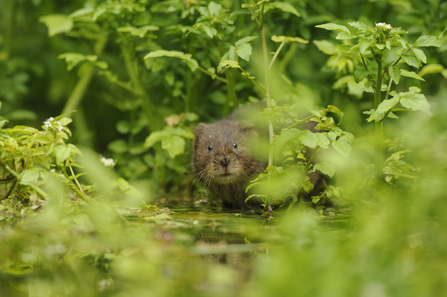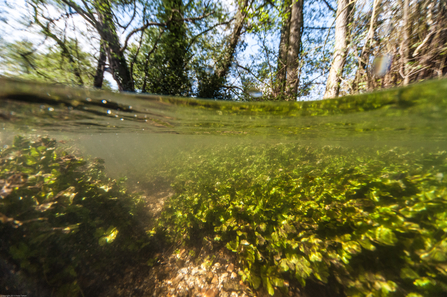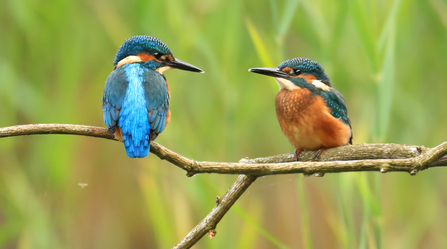World Rivers Day is an annual celebration of the world’s waterways, highlighting the many values of our rivers, helping to increase public awareness, and encouraging the improved stewardship of all our rivers.
This year, Herts and Middlesex Wildlife Trust, the leading voice for conservation in the area, is drawing attention to the area’s rare chalk rivers and introducing its new collaborative approach to improving their ecological health.




